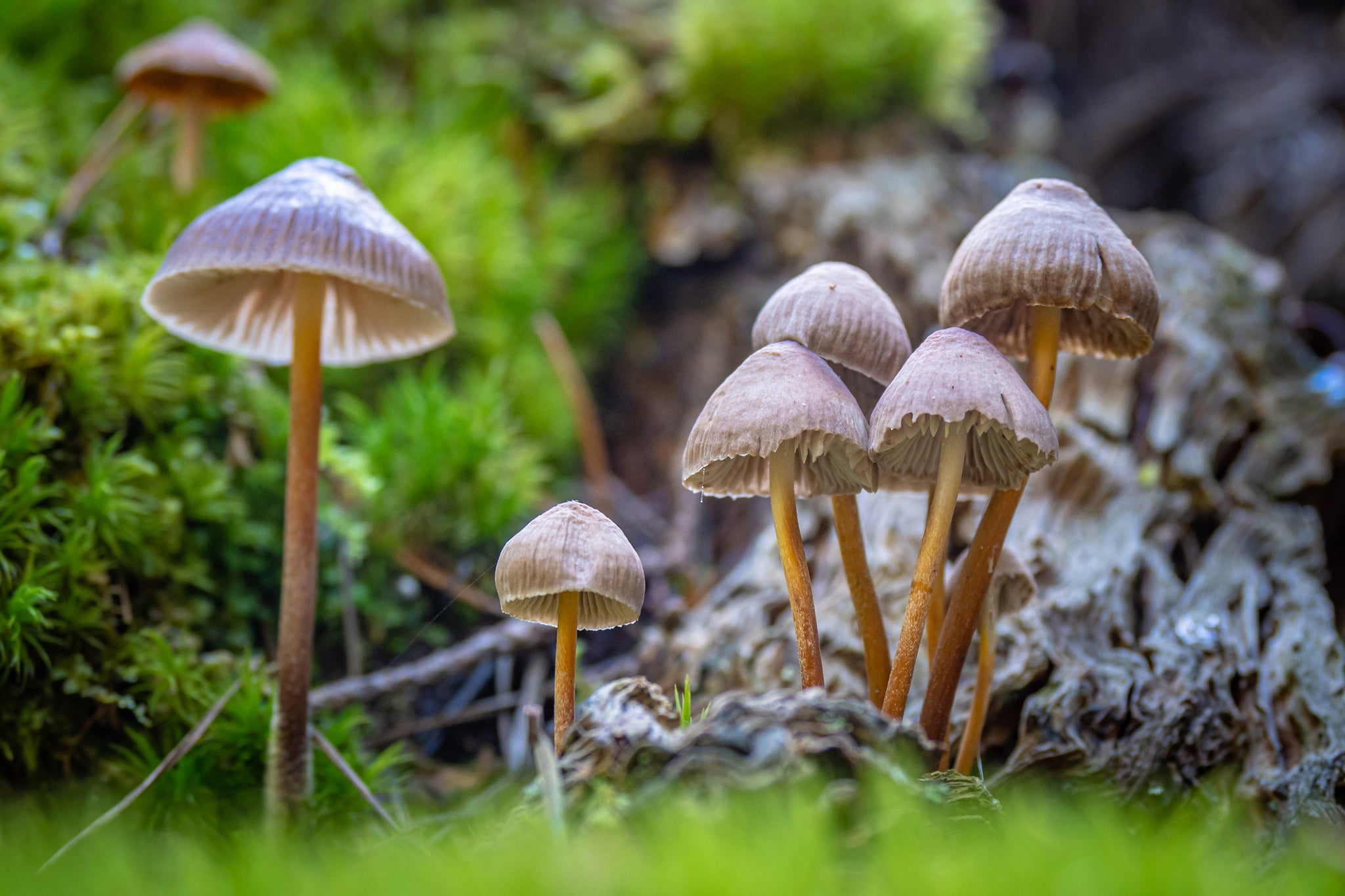‘Magic mushrooms’ could be effective antidepressant after one dose, study suggests
1 in 6 adults in the UK suffer from moderate to severe depression

Your support helps us to tell the story
This election is still a dead heat, according to most polls. In a fight with such wafer-thin margins, we need reporters on the ground talking to the people Trump and Harris are courting. Your support allows us to keep sending journalists to the story.
The Independent is trusted by 27 million Americans from across the entire political spectrum every month. Unlike many other quality news outlets, we choose not to lock you out of our reporting and analysis with paywalls. But quality journalism must still be paid for.
Help us keep bring these critical stories to light. Your support makes all the difference.
‘Magic mushrooms’ can provide effective treatment for depression after one or two doses, a new study has found.
A single dose of Psilcybin, which is the active ingredient in magic mushrooms, has been shown to reduce depression, according to study published in the British Medical Journal.
A team of UK researchers looked at databases examining trials that compared the use of psilocybin as a treatment for symptoms of depression and looked at studies where the substance was used with psychotherapy and without.
Researchers looked at trials covering 436 participants with depression and found improvements were “significantly greater” after treatment with psilocybin.
Depression affects an estimated 300 million people worldwide and the latest data from the Office for National Statistics shows around 1 in 6 adults experience moderate to severe depressive symptoms.
Magic mushrooms are currently treated as a Class A drug in the UK, carrying the strictest sanctions. Last year a cross-party group of MPs called for the government to downgrade its rating.
The researchers said the findings were encouraging but “further research is needed to clarify the factors that maximise psilocybin’s treatment potential for symptoms of depression.”
They also said in the trials the patients received psilocybin in a calm living room with soothing music, supervised by a psychotherapist, which they said is “unlikely to be achievable in a healthcare system.”
They warned issues of “cost, lack of regulatory guidelines and legal safeguards” around psilocybin would have to be addressed before it can be established as a clinical treatment.
“Support a prudent approach in both scholarly and public settings, because more and better evidence is needed before any clinical recommendation can be made about therapeutic use of psilocybin,” the study said.
Responding to the report, Dr Paul Keedwell, Consultant Psychiatrist and Fellow of the Royal College of Psychiatrists said: “This is a welcome review of the efficacy of a single dose of psilocybin in the treatment of depression. In general, the results are impressive, with rapid improvement in most, and large effect sizes.
“There are some concerns about expectation effects, because the majority of patients knew when they were getting the active condition,or the higher dose of the same drug. However, these concerns are tempered by the fact that improvements were maintained for up to 12 weeks in one study.”
“Longer follow ups would be welcome, and there is more work to be done on optimal dosing. It seems that a strong psychedelic experience is needed to get the best results. Doses might need to be adjusted to body weight.”
Subscribe to Independent Premium to bookmark this article
Want to bookmark your favourite articles and stories to read or reference later? Start your Independent Premium subscription today.
Join our commenting forum
Join thought-provoking conversations, follow other Independent readers and see their replies
Comments